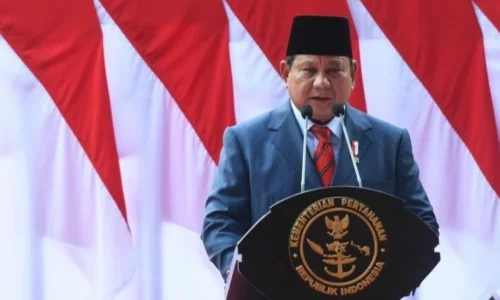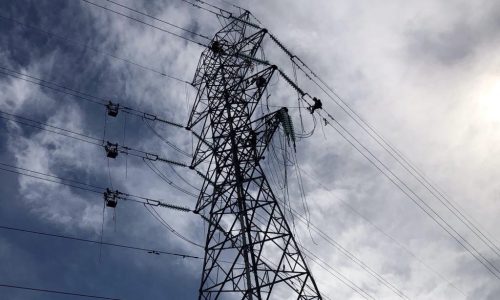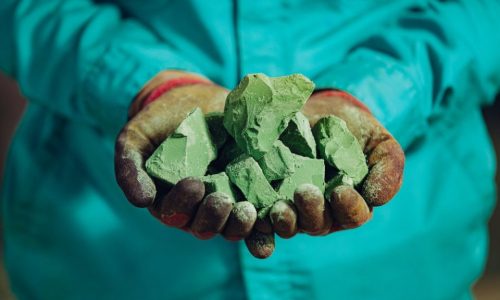Recently, Indonesia has imposed a ban on e-commerce transactions on social media platforms, which has prompted tech giants like TikTok, Instagram, and YouTube to explore obtaining e-commerce licenses in the country.
The move follows the issuance of Minister of Trade Regulation (Permendag) No. 31 of 2023, which enters into force on September 27, 2023, requiring social media platforms to obtain new licenses if they intend to offer e-commerce services.
This regulatory change aims to protect small and medium-sized traders, traditional markets, and ensure user data protection.
With over 270 million people, Indonesia generated nearly US$ 52 billion in e-commerce transactions last year, making it the fourth most populous country in the world.
The new regulation has posed a challenge for platforms like TikTok, which, in June, pledged to invest billions in Southeast Asia, particularly in Indonesia, to develop its TikTok Shop. However, TikTok temporarily closed its TikTok Shop feature on October 4 after the regulation’s issuance.
This move from social media platforms to obtain e-commerce licenses adds another layer to the evolving dynamics in Indonesia.
To address the new regulations and potentially reintroduce e-commerce services in Indonesia, TikTok is reportedly exploring partnerships with local players, including Tokopedia.
The Ministry of Cooperatives and Small and Medium Enterprises will facilitate a meeting between TikTok and President Joko Widodo to discuss compliance with local regulations.
On the other hand, YouTube is also reportedly considering applying for an e-commerce license in Indonesia, following the platform’s introduction of shopping services for creators to promote products and brands in the United States.
Meanwhile, Meta Platforms, the parent company of Facebook and Instagram, has sought licenses that allow advertising and market research on its platforms, although direct e-commerce transactions are not permitted.
The intensifying competition in Indonesia’s e-commerce industry could reshape the landscape, as platforms look to navigate new regulatory requirements and cater to the preferences of businesses and consumers.
Social media remains a preferred channel for online sales, with the potential for rapid information dissemination and lower operational costs, unlike e-commerce platforms that offer comprehensive search, transaction, and payment services.
As tech giants consider their options in response to the changing regulatory environment, Indonesia’s e-commerce space is poised for further transformation and heightened competition.









